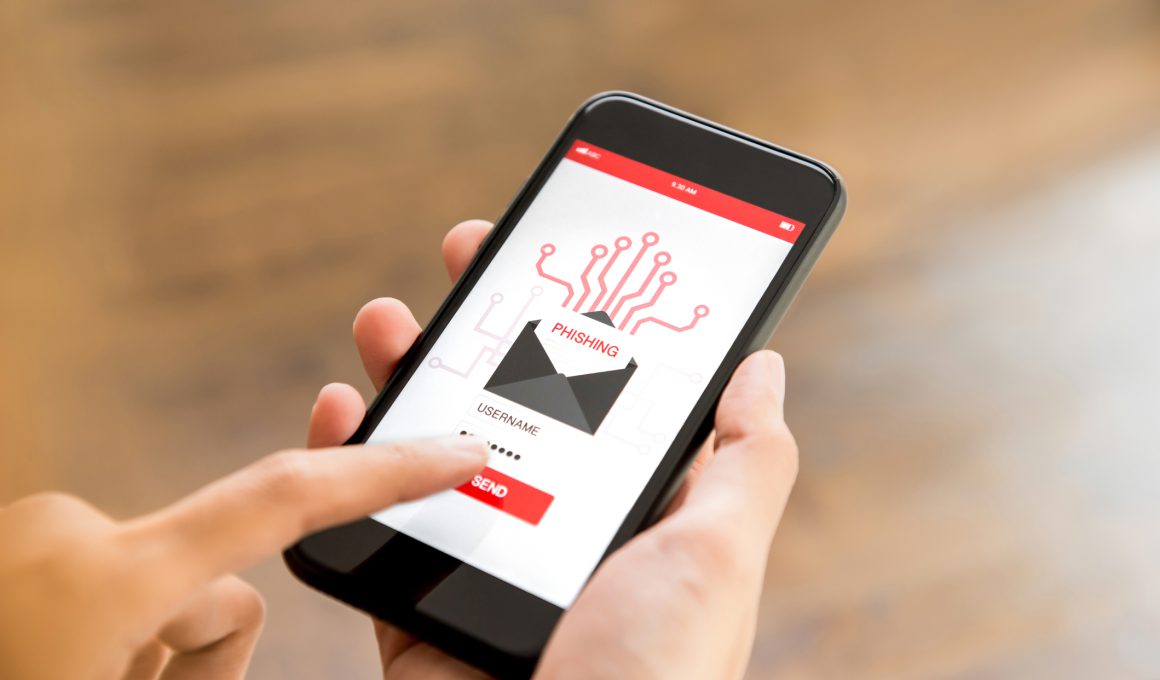Phishing is a form of cyber fraud that uses deceptive communication tactics to lure individuals into providing sensitive data such as personally identifiable information, banking and credit card details or passwords.
Did you know? The first phishing lawsuit was filed in 2004 against a Californian teenager who created the imitation of the website America Online (AOL). With this fake website, they were able to gain sensitive information from users and access their credit card details to withdraw money from their accounts.
Common Phishing Tactics
Too Good to Be True
Cybercriminals will often use lucrative offers or statements to gain your attention immediately. For example, you may receive an email that claims you have won a brand-new phone in hopes that you will click the link and provide your personal information. Remember, if it seems too good to be true, it probably is!
Sense of Urgency
A favorite tactic among cybercriminals is to create a sense of urgency in hopes that you will act without thinking it through. A phishing email using this tactic may mention that one of your accounts will be suspended unless you update your personal details immediately. If you are ever in doubt, visit the source directly rather than clicking a link in the email. Remember, a bank will never ask for personal information via email or suspend your account on short notice.
Purposeful Misspellings
Always pay close attention to URLs and email addresses. Cybercriminals will often slightly misspell websites or email addresses in hopes that you will assume it is a legitimate organization. For example, www.bankofamercia.com. At first glance, you may think it is legitimate, but a closer look will show that the ‘i’ and the ‘c’ have been transposed.
Attachments
If you ever receive an email with an attachment you weren’t expecting, it’s best not to open it. Cybercriminals often include viruses that can secretly track movements on your computer, like when you log into your bank account. Always verify if the sender and attachment are legitimate before opening them.
Wire Fraud in Real Estate
When purchasing a home, you’ll want to be especially wary of cybercriminals attempting wire fraud during the homebuying process. Real estate wire fraud is a high-level scam that targets wire transfer payments during the homebuying process. Victims unknowingly send wire transfers to the accounts of criminals pretending to be professionals involved in the transaction – and it happens more often than you might think. In 2018, data shows that over 11,000 Americans lost nearly $150 million due to wire fraud.
If you receive any suspicious communication during your home’s financing, immediately reach out to a trusted member of your Loan Team over the phone to confirm. Remember, you will never be asked to confirm wiring information via email.


